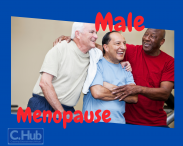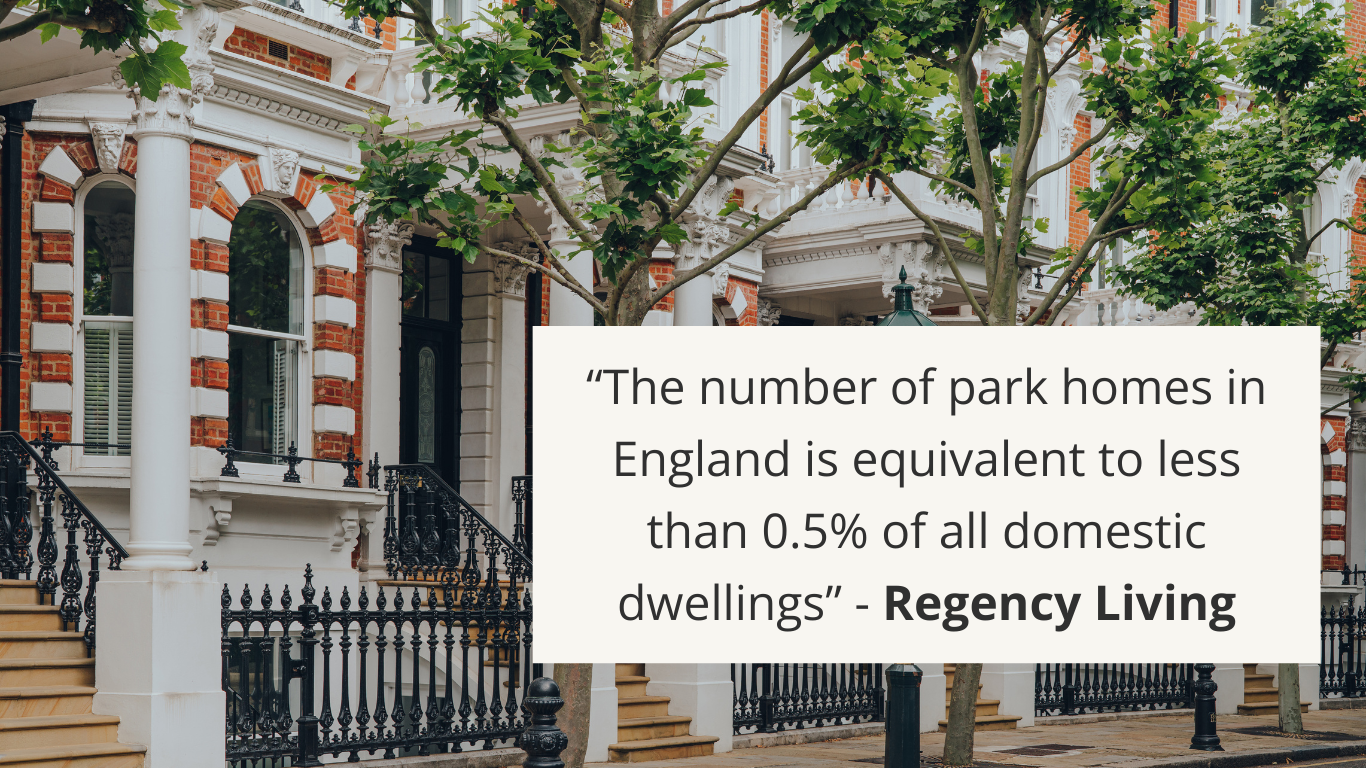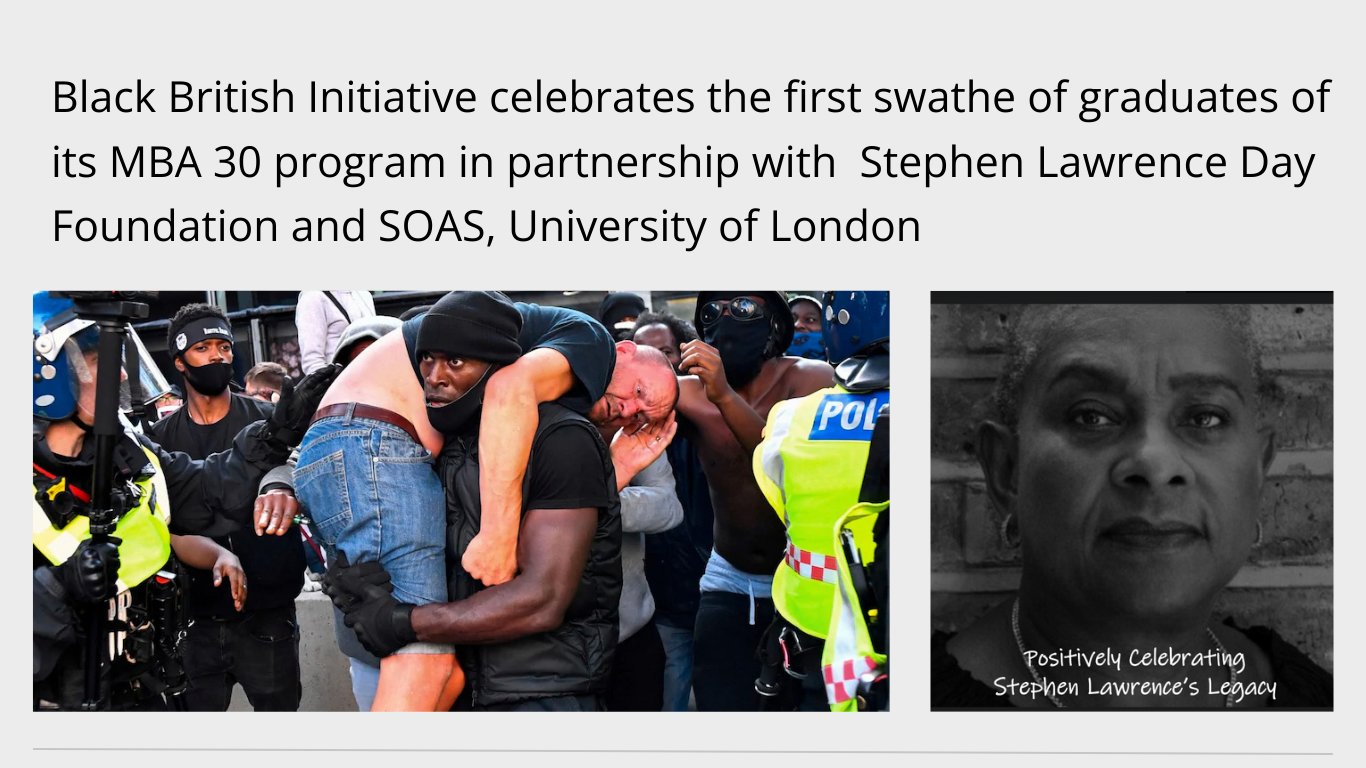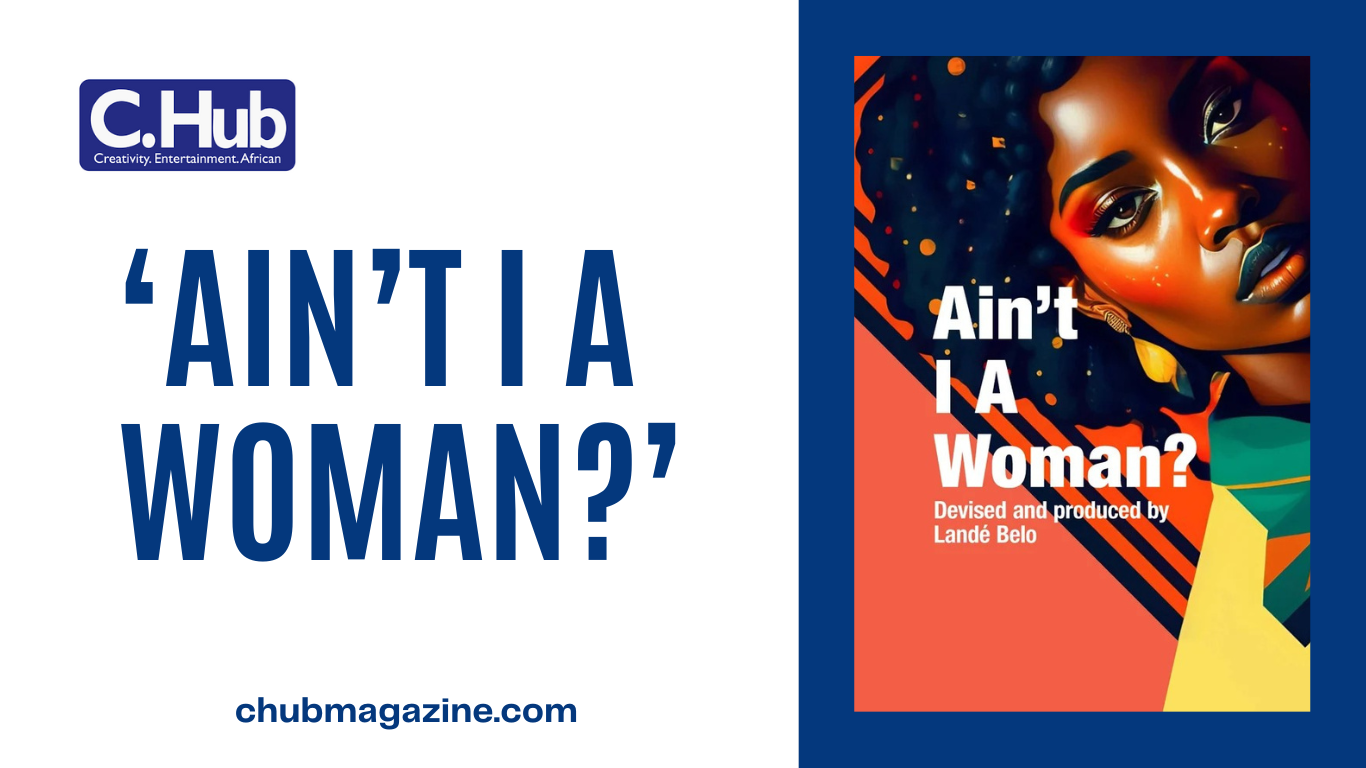
Psychotherapist Noel McDermott examines the lifestyle, psychological and social factors behind the ‘male menopause’ and the life transitions that take place during male middle age. Older men in their late 40s and early 50s are usually affected, with many men developing depression, loss of sex drive, erectile dysfunction, and other physical and emotional symptoms usually linked to declining testosterone levels and ageing.
The male menopause is unlike the female menopause and debate ranges as to whether or not it’s a useful term. Both relate to changes in reproductive health and reproductive status, but the male menopause does not have the same level of biological transition. Mostly accounts of the female menopause actually refer to the peri-menopause stage, the time when women are going through most physical changes with the body reducing the production of oestrogen and what happens when that drops. In men there is no equivalent hormonal process as testosterone levels don’t drop in the same way.
Psychotherapist Noel McDermott comments: “With men there is neither the defined medical changes or the specific time and age that defines the female menopause. Nevertheless, andro-pause or male menopause is a useful concept to use to aggregate a number of important life transitions that take place during middle age for men”.
Erectile dysfunction (ED) and diminished sexual function
Some of the midlife changes’ men go through are linked to reproductive health and many can experience issues around erectile dysfunction, something which can also be affected by lifestyle. This can lead to a significant amount of psychological distress and many men don’t get help from their doctors due to issues in general about avoiding help and also because of the psychological distress it can cause. The UK recently removed the medication for ED from prescription to over the counter, mostly to stop the risky buying of the medications online. There are lifestyle issues related to this as well and psychological therapy can help with ED and lower libido, as can stopping smoking, cutting down on drinking, losing weight etc.
Midlife changes in men
The other issues men often report during midlife onwards are:
- mood swings
- muscle loss
- reduced ability to exercise
- changes in body shape – fat redistribution such as pot belly and ‘man boobs’
- concentration and memory issues
Some of these developments may be due to mood disorders such as anxiety or depression, or a result of stress and therefore have little to do with age. In terms of body shape changes and loss of muscle mass whilst this is true of older age, it’s not necessarily the case for middle aged men. In fact, it’s highly recommended that middle aged and older men engage in load bearing exercise using weight or cannibalistic based activities such as yoga. Strength based exercise in later life is a very positive thing to do to reduce problems with bones and joints in particular. Many men may lose interest in weights if they don’t see commensurate muscle growth leading to a vicious cycle of reduced resistance work. Developing greater insight into how these forms of workout contribute more widely to health and well-being can help bridge the motivation gap.
The ‘Menoporsche’
We have a culture that elevates youth and denigrates age. Men often report great sadness at getting older and becoming less attractive and less virile. Loss of fitness, strength and agility can compound all of this leading to acting out in buying adult toys such as motorbikes or trying to regain youth by having relationships with younger women for example. In general, we can see that our culture seems to have lost many for the ‘rites of passage’ celebrations and rituals that have throughout history helped us navigate major life transitions such as from child to adult, or from adult to middle age. We need to recapture our ability to celebrate ageing through ritual and encapsulate the loss of change and celebrate more the development of skills that getting older gives.
Men and psychological support
Men have traditionally taken an ‘all your eggs in one basket’ approach to psychological support, in fact men have shied away from any hint or suggestion that the activities that provide support (spending time with your mates at work or play) is in fact psychological or supportive. As men go through these life transitions it is important, they make time to normalise feelings and emotions and reach out to friends and loved ones for support.
Without a doubt the best therapy in life is the company and support of other humans that we care about and who care about us. The herd is where we feel safe and where we get most boosts from in terms of our health and well-being. Simply being in the company of folk we like when we are troubled will reduce our stress responses to our troubles. For men this is often the best approach, activity-based support often works better for men and often guys will open up to each other during these contacts normalising the changes they are going through.

Noel McDermott is a Psychotherapist with over 25 years’ experience in health, social care, and education. He has created unique, mental health services in the independent sector. Noel’s company offer at-home mental health care and will source, identify and coordinate personalised care teams for the individual – www.noelcdermott.net.









Comment